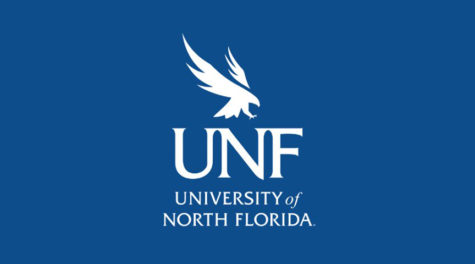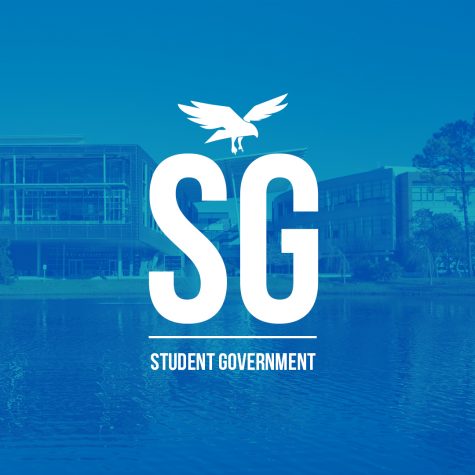9 things students should know when filing taxes
April 9, 2018

Tax season is upon us, and you might be feeling completely lost. If you haven’t already been reminded by your parents, the last day to file your tax return is April 17.
Students usually use free filing websites like TurboTax, H&R or TaxSlayer to help navigate them through their taxes. These websites ask simple questions while calculating your tax return. However, students should know what they should have on hand when using these kinds of sites.
10-What? Important Forms to Know About
1040
This is your individual tax return form. If you are using a free filing website, you don’t have to worry about this form because the website will fill it out for you. If you decide to be extra and make filing your taxes to the next level, this is the form you will need to mail. (If you’re putting yourself through the struggle instead of using a free website, here is an instruction manual to go along with the form.) Basically, this form helps the government figure out who they owe money to and how much they owe.
W-2
This will be the form you are probably most familiar with. Chances are if you work at least part-time your employer sent this form to you in January either in person, through the mail or electronically. It shows how much of your paycheck was withheld in taxes, and you will want to reference this document when filing your taxes. If you work somewhere and they haven’t given you your W-2, make sure to talk to your employer as soon as possible because this document is crucial. If you work on campus, you can find your W-2 form on the staff page of your myWings account.
1099
If made over $10 through freelance work like babysitting or tutoring, you will want to fill out a 1099 form. If you invest money, you will also include your interest earned or dividends.
1098
If you are paying off your student loans, you should have this form ready at hand. Students can access their form on their myWings under the student tab. All you have to do is enter the tax year and the form will display. Essentially, this form is a tuition statement from UNF that outlines your tuition and fees as well as your financial aid received. This will be a crucial form if you want to receive educational tax credits.
Am I Dependent or Independent?
Though you may be living on your own, you may still be considered a dependent. Talk with your parents to establish your dependency status. If your parent is claiming you as a dependent, you must say that someone else is claiming you as a dependent when filing your tax return. You will also not be eligible for most tax credits, but your parents would be.
If you are under 24, a full-time student, single with no children, and your parents provide financial support for half of your income, you will be considered a dependent.
If you are over 24, the IRS considers you independent. If you have a child or are married, you are also regarded as independent.
Tax Exemptions and Deductions
There are several types of tax exemptions, but they all basically reduce the amount of taxes you have to pay. Personal exemptions is a fixed amount that you can claim if you are not claimed as a dependent on someone else’s taxes. This amount usually increases each year and decreases your taxable income. However, there are also dependent exemptions which are based on how many dependents you claim.
As for deductions, you have one of two options—standard or itemized. A standard deduction is a flat-rate discount based on your filing status. It’s a lot simpler than itemized deductions, but you may be missing out on some money. For an itemized deduction, you are doing the math yourself and adding up all the deductions you can get for a variety of things like giving to charity, medical expenses, unreimbursed work expenses, etc. This will add up and sometimes provide more money than a standard deduction, so make sure you keep the receipts.
Tax Credits
As college students, there are two education tax credits you want to be aware of in order to get some extra money in your refund.
The American Opportunity Credit is available for undergraduate students who haven’t completed their degree as of the beginning of the year. You must be enrolled in a postsecondary educational institution and must also have at least half of the full-time workload for at least one semester. The maximum amount of credit is $2,500 for tuition, fees and course materials paid, but the IRS says you can only have “40 percent of the remaining amount of the credit (up to $1,000) refunded to you.”
The Lifetime Learning Credit allows students to claim up to $2,000 in education expenses. However, this tax credit is nonrefundable, which means the money will reduce what you owe in taxes, but will not be returned to you.
You cannot claim both the American Opportunity and the Lifetime Learning credits. You also cannot claim these credits and tuition-and-fees deductions. Know that you do not qualify for these credits if your parents are claiming you as a dependent; however, they are able to claim these credits for you.
Scholarships
Scholarships are considered tax-free only if it is being used to pay tuition, fees, or required books and supplies. If you use any of that money towards rent or food, you will have to claim that amount of money as part of your income.
Do I Get Money or Give Money?
You will only get money if the amount of taxes you paid is more than what you owe.Chances are that as a student you will end up receiving a tax refund, which feels like free money you can either save or spend. Just know this isn’t always the case, and sometimes you’re the one that ends up sending the check.
You can get a pass from filing taxes if you are under the age of 65, make under $10,400 and are single. However, you might still want to file your taxes because chances are you are missing out on receiving some money.
If you are for sure receiving a refund, you can get your money through direct deposit, check or prepaid card.
If you miss the April 17 deadline, make sure to file an extension as soon as possible, and your last day will be extended until October 15.
__
For more information or news tips, or if you see an error in this story or have any compliments or concerns, contact [email protected].





















